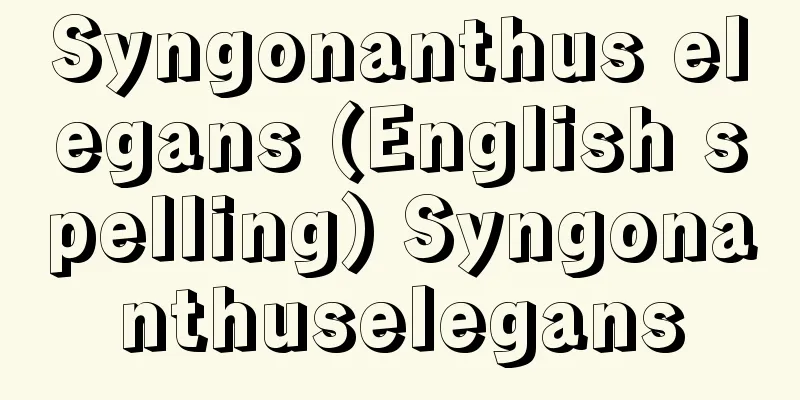Sex offender - Fuuzokuhan

|
There are two definitions: broad and narrow. In the broad sense, it refers to all crimes that harm public morals, that is, social good morals, and includes the "crimes of obscenity, adultery, and bigamy (Book II, Chapter 22), crimes related to gambling and lotteries (Book II, Chapter 23), and "crimes related to places of worship and tombs" (Book II, Chapter 24) under the Penal Code. In the narrow sense, it is limited to crimes related to sexual desire, and refers only to the aforementioned "crimes of obscenity, adultery, and bigamy." In addition, although not punishable under the current law, sexual misconduct such as bestiality, as well as the former crime of adultery, are also acts that harm public morals. Concerning morals crimes, there is a dispute over the basis and limits of their punishment in relation to the function of the criminal law. It is argued that morals crimes (broad sense) that violate the rights or legal interests of others are "crimes without victims" and should be decriminalized (liberated from punishment) if they are merely violations of morals and ethics such as sexual morality and sexual customs. Even if one takes the position that morals should be protected by the criminal law as a type of social legal interest, the concept and standards of obscenity are not necessarily clear, as can be seen in the frequent disputes over the possibility of applying the "crime of obscenity" (Article 175 of the Criminal Code) to literary works in "literary trials." [Tetsuro Nawa] [References] | | | |Source: Shogakukan Encyclopedia Nipponica About Encyclopedia Nipponica Information | Legend |
|
広狭二義があり、広義では風俗すなわち社会の良俗を害する罪のすべてをいい、刑法上の「わいせつ、姦淫(かんいん)及び重婚の罪(二編22章)、賭博(とばく)及び富くじに関する罪」(同編23章)、「礼拝所及び墳墓に関する罪」(同編24章)を総称するが、狭義では性欲に関する犯罪に限られ、前述の「わいせつ、姦淫及び重婚の罪」だけをいう。なお、現行法上は不可罰ではあるが、かつての姦通罪をはじめ、獣姦等の性的非行も風俗を害する行為である。 風俗犯につき、刑法の機能との関連で、その処罰根拠と限界に関し争いがある。風俗犯(広義)のうち他人の権利や法益を侵害する場合を除き、単なる性道徳・性風俗といった道徳・倫理の違反にすぎないものは「被害(者)なき犯罪」であり、非犯罪化(刑罰からの解放)すべきであるという考え方が主張されている。また、風俗も社会法益の一種として刑法により保護すべきであるという立場にたつとしても、たとえば「文芸裁判」において文芸作品につき「わいせつ罪」(刑法175条)適用の可能性がしばしば争われるように、猥褻(わいせつ)の概念と基準はかならずしも明確ではない。 [名和鐵郎] [参照項目] | | | |出典 小学館 日本大百科全書(ニッポニカ)日本大百科全書(ニッポニカ)について 情報 | 凡例 |
<<: Selection of Manners and Customs - Selection of Manners and Customs
>>: Questions and Answers on Customs and Customs
Recommend
Art Poems
… [Tokumaru Yoshihiko] 【Japan】 [Name] The term mi...
Chlorocruorin - Kurorokuorin (English spelling) chlorocruorin
A type of pigment protein that functions to trans...
Basal conglomerate (basal conglomerate)
Conglomerates found directly above unconformities ...
Fire and Disaster Management Agency
The Fire and Disaster Management Agency is an adm...
Underwriting
This refers to the purchase and underwriting of se...
Kleopatra Selēnē (English spelling) Kleopatra Selene
…After Octavian ascended to power, he was made ki...
Valley head erosion
This refers to the erosion that takes place at the...
irreversible reaction
…In a chemical reaction, if a forward reaction pr...
Jeremiah - Jeremiah
One of the great prophets in the Old Testament. H...
ferment
Digestion is the process by which organisms break...
Bereaved families association - Izokukai
An organization whose main objectives are to comme...
Nogaret, G.de (English spelling) NogaretGde
…In 1300, he held a grand Jubilee celebration, wh...
Kinan Castle
…However, after Shashi, 8km to the south, was ope...
Dokigawa River
A river that flows north through central Kagawa P...
Grimmia elongata (English name) Grimmia elongata
...In Lake Kussharo in Hokkaido, the moss Drepano...









